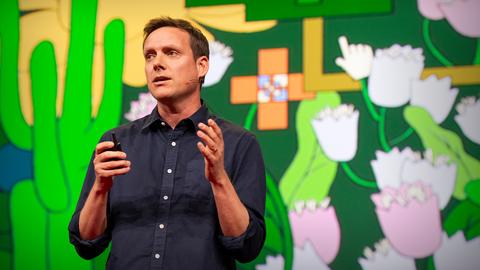 By Elizabeth Giddens
By Elizabeth GiddensAristotle puzzled over the great mystery of why it’s impossible to tickle oneself. Turns out it’s quite simple, really. Here’s a brief explanation by British neuroscientist Sarah Blakemore that appeared in Scientific American:
“The answer lies at the back of the brain in an area called the cerebellum, which is involved in monitoring movements. Our studies at University College London have shown that the cerebellum can predict sensations when your own movement causes them but not when someone else does. When you try to tickle yourself, the cerebellum predicts the sensation and this prediction is used to cancel the response of other brain areas to the tickle.
Two brain regions are involved in processing how tickling feels. The somatosensory cortex processes touch and the anterior cingulate cortex processes pleasant information. We found that both these regions are less active during self-tickling than they are during tickling performed by someone else, which helps to explains why it doesn’t feel tickly and pleasant when you tickle yourself. Further studies using robots showed that the presence of a small delay between your own movement and the resulting tickle can make the sensation feel tickly. Indeed, the longer the delay, the more tickly it feels.”
From RadioLab Blog
.jpg)


No comments:
Post a Comment